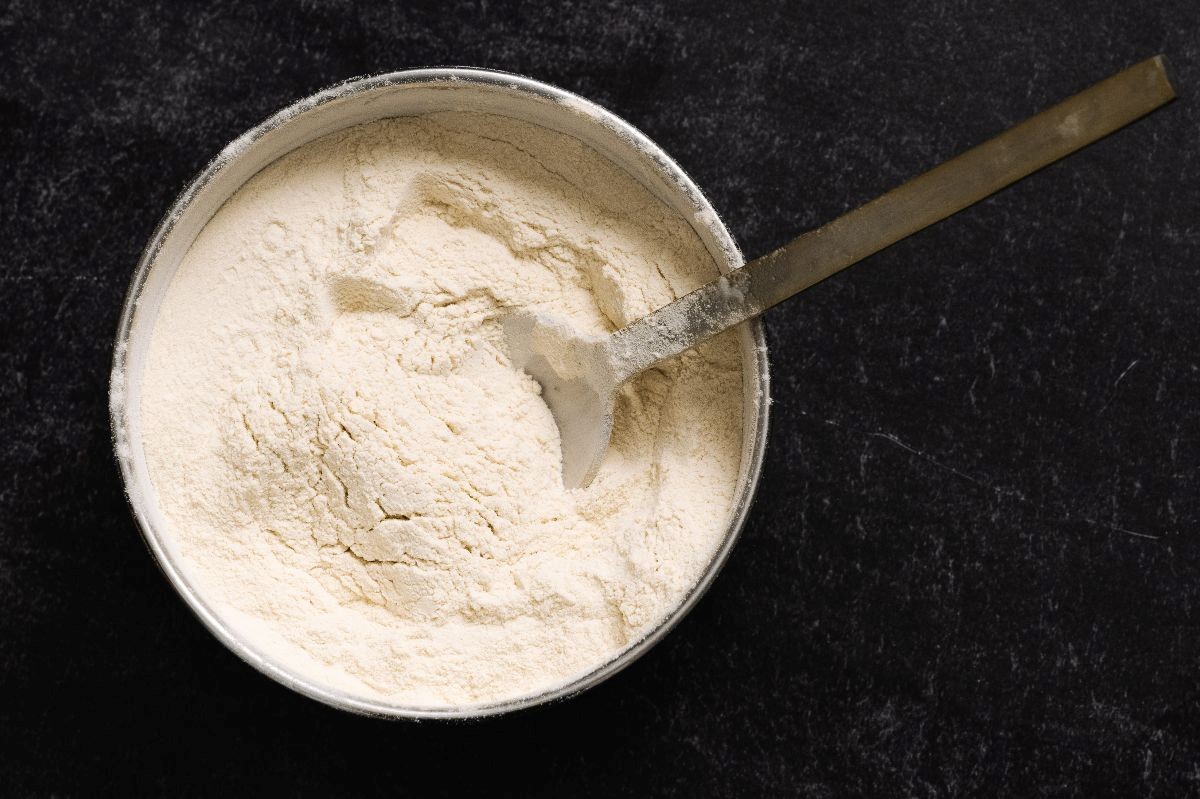

Danish Technological Institute to test protein-rich microalgae cultivation in space
In April 2025, the Danish Technological Institute (Teknologisk Institut) is set to embark on a groundbreaking mission by sending microalgae into space. This initiative aims to explore the feasibility of cultivating these microorganisms under the unique conditions of microgravity and cosmic radiation. Success in this endeavor could pave the way for astronauts to produce protein-rich microalgae during extended space missions, addressing both nutritional needs and sustainability challenges inherent in long-duration space travel.
Microalgae, particularly the species Chlorella, are renowned for their exceptional protein production capabilities. They can yield approximately 20 times more protein per hectare than traditional crops like soybeans. These microorganisms utilize carbon dioxide (CO₂) from their surroundings, converting it into high-quality protein through photosynthesis. Their growth requirements are minimal, needing only light, water, and CO₂, making them an efficient and sustainable protein source. Moreover, microalgae cultivation doesn't compete with conventional agriculture for arable land, as they can be grown vertically or in tubular systems on rooftops and non-arable terrains.
Nikola Medic, a microalgae specialist at the Danish Technological Institute, emphasizes the potential of this research: "Research suggests that we can optimize protein production by cultivating algae in space. The different cultivation conditions may also potentially affect the microalgae's cell wall structure, making it easier to extract protein and nutrients."
The project, named Sophonster, is a collaborative effort involving the Danish Technological Institute, Sophie's BioNutrients, and Yuri Gravity. Funded by the European Space Agency (ESA), this research falls under the burgeoning field of space biotechnology. This interdisciplinary domain merges biological sciences with space technology to develop systems that support human life in extraterrestrial environments. Such systems include the cultivation of plants and microorganisms for food production, oxygen generation, and waste management. Insights gained from space-based experiments often have terrestrial applications, potentially leading to advancements in food production, medicine, and environmental protection.
Medic further elaborates on the broader implications of space biotechnology: "Space biotechnology combines biological sciences with space technology. Partly by developing systems that make it possible for humans to live in space—for example, cultivation of plants and microorganisms for food production, oxygen production, and waste management. But also to gain insights to bring back to Earth, which can potentially create new solutions in food production, medicine, and environmental protection."
The Sophonster project is poised to enhance our understanding of microalgae's potential both on Earth and in space. By studying their growth and behavior in microgravity, researchers aim to determine optimal conditions for protein production, which could revolutionize how astronauts are supplied with essential nutrients during future space expeditions. Additionally, the findings may inform sustainable food production practices on Earth, contributing to global food security and environmental conservation.
As humanity ventures further into space, the ability to produce food independently of Earth's resources becomes increasingly critical. Microalgae cultivation offers a promising solution, given its high yield, minimal resource requirements, and versatility in various environments. The upcoming experiment aboard the International Space Station represents a significant step toward realizing this potential, marking a milestone in both space exploration and biotechnological innovation.
In summary, the Danish Technological Institute's initiative to send microalgae into space embodies a forward-thinking approach to addressing the challenges of long-duration space travel and sustainable food production. Through international collaboration and cutting-edge research, the Sophonster project aims to unlock new possibilities for life support systems in space and offer valuable insights applicable to Earth's ecological and nutritional needs.
If you have any questions or would like to get in touch with us, please email info@futureofproteinproduction.com

.png)





.webp)
